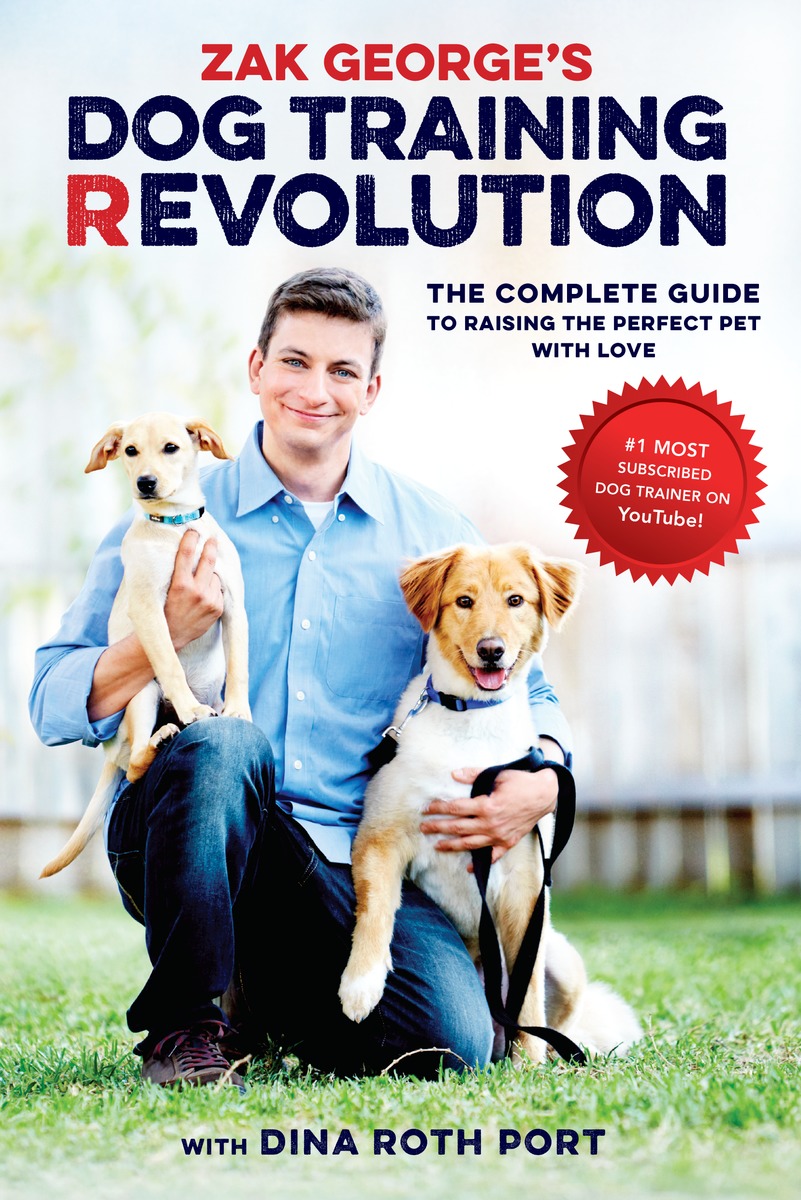Another Great FORCE Conference for Women at High Risk for Hereditary Cancer
I just got back from the annual FORCE (Facing Our Risk of Cancer Empowered) conference in Orlando. This marks my fourth consecutive year attending the event, and it never ceases to amaze me how empowering the conference can be. Hundreds of women and men from all over the world join to learn about the latest news and research regarding hereditary breast and ovarian cancer. They come together to share in the comfort of others who completely understand what they are going through.
But that’s not enough.
I spoke at this year’s conference about how high risk men and women need to help get the word out about cancer risk. They need to explain to others what, exactly, a previvor is and how that word conveys so much hope. About 40,000 people have reached out to FORCE, but there are millions of people at risk. Do they even know FORCE, such an excellent resource, exists? Have they ever heard of the word “previvor”? Do they even know they have increased odds of developing cancer and, if so, how they can protect themselves?
Sadly, the answer to these questions is more than likely “no.” Which is why, in my speech, I urged those people who are knowledgable about risk, BRCA mutations, previvors, and outlets like FORCE to help spread the word.
The same goes for anyone reading this post. If you have a friend, family member, co-worker, or other loved one at risk, please educate them. It might be as simple as giving them the number to a local genetics counselor or handing them a print-out about the risk factors for breast cancer. You can just direct them to a helpful website or tell them a few statistics which might encourage them to take action.
Here’s a good example: Mayde Wiener, one of the women featured in Previvors, was just taking her daughter for after-school classes at a local dance studio. There, she met the dance instructor, Suzanne Citere, whose story is also in the book. It was a chance encounter, but after class one day Mayde and Suzanne started to talk about their family histories of breast cancer. In that brief conversation, Mayde taught Suzanne more about breast cancer risk than any of Suzanne’s doctors ever did. She encouraged Suzanne to explore her risk further—and when Suzanne did she ultimately discovered that she had a BRCA mutation (the same one that led to the deaths of her mother and many other family members).
Luckily, Suzanne still had time to take steps to protect herself. If Mayde had never spoken up, Suzanne might have blindly followed in her family’s footsteps.
The key is to speak up and help start a trickle effect: If each person reading this educates even one or two people about their risk, we can really make a difference. We can help the people in our own communities. Their lives might depend on it.
